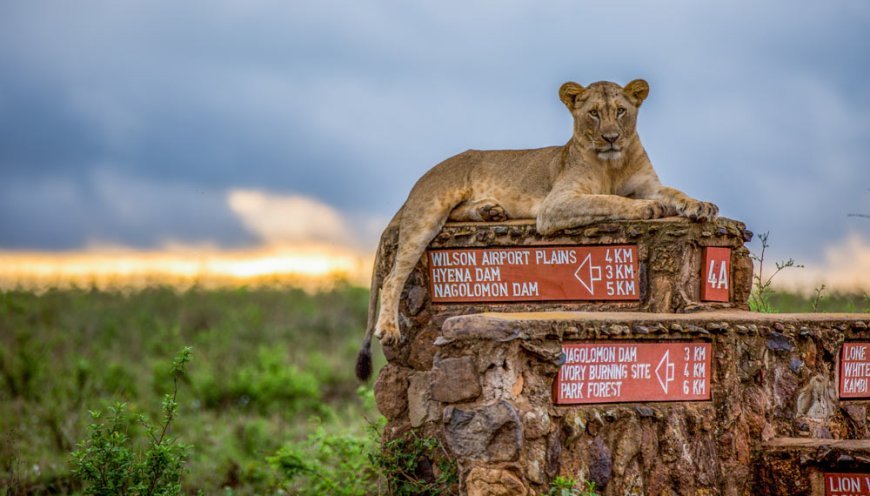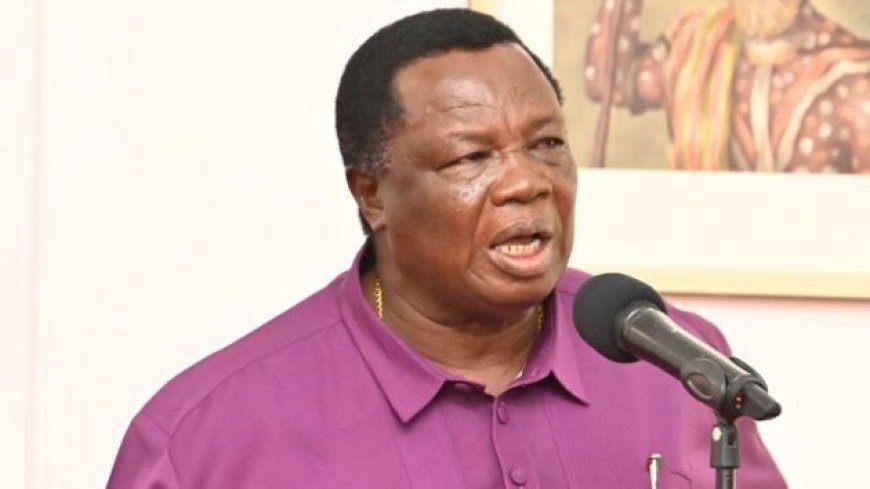Atwoli Proposes Removal Of Nairobi National Park
Atwoli made the remarks in response to opposition from Karen residents over a planned 12.5-kilometre railway line linking Riruta to Ngong.

Central Organisation of Trade Unions (COTU) Secretary General Francis Atwoli has stirred controversy by calling for the closure and scrapping of Nairobi National Park to make room for infrastructure development and the expansion of Nairobi City.
Speaking to the press on Sunday, June 22, Atwoli made the remarks in response to opposition from Karen residents over a planned 12.5-kilometre railway line linking Riruta to Ngong.
He argued that for the sake of economic progress and easing congestion in the capital, spaces like parks and forests might need to be sacrificed.
Atwoli proposed relocating all wildlife from Nairobi National Park to larger reserves like the Maasai Mara, suggesting the land could be better used for essential developments.

COTU Secretary-General Francis Atwoli during a past address. /CAPITAL GROUP
He emphasised that with Nairobi’s rapidly growing population, there’s a pressing need to free up land for new infrastructure projects—including roads, industrial parks, and more—to meet the demands of the expanding urban population.
"Even the national park, where we have animals, must be used to develop Nairobi. We need a new Nairobi with roads, facilities, and proper industrial parks because it is only Nairobi that has not been decongested in Africa," Atwoli said.
Adding "We must expand Nairobi through that National park, and we should take those animals to the Maasai Mara and make sure that Nairobi reflects an international city. You can't say that because Nairobi is the only city that has a National park should remain there."







